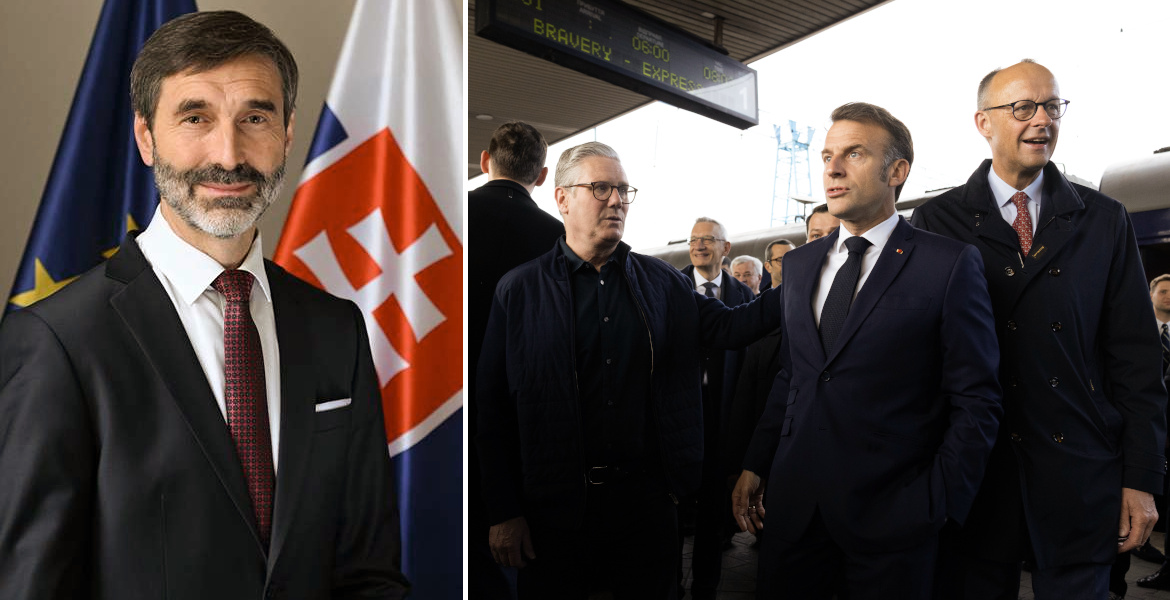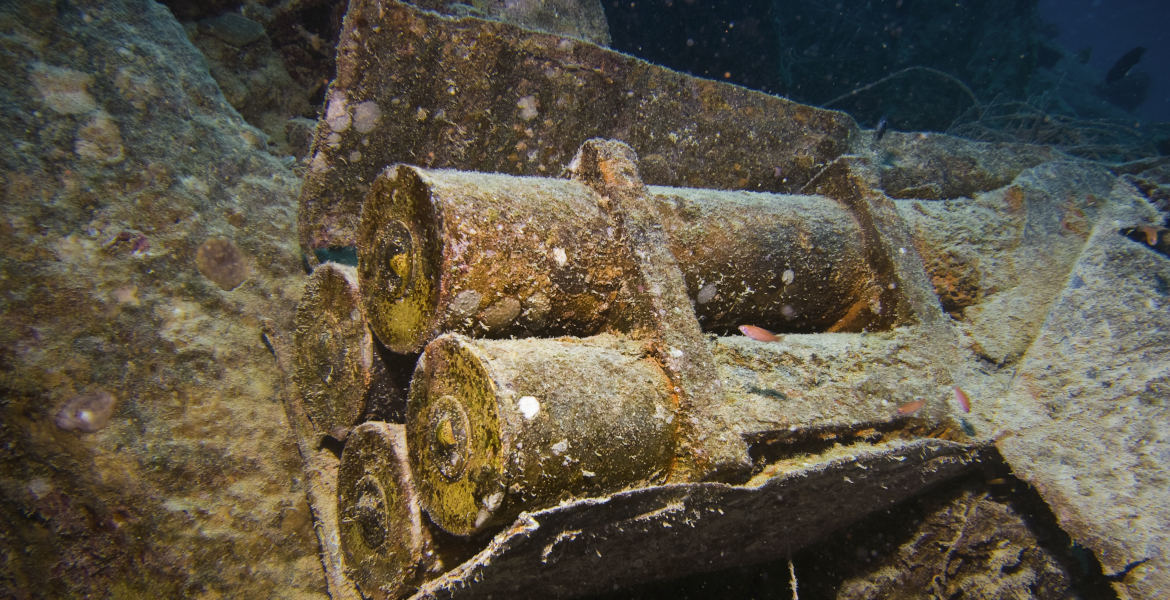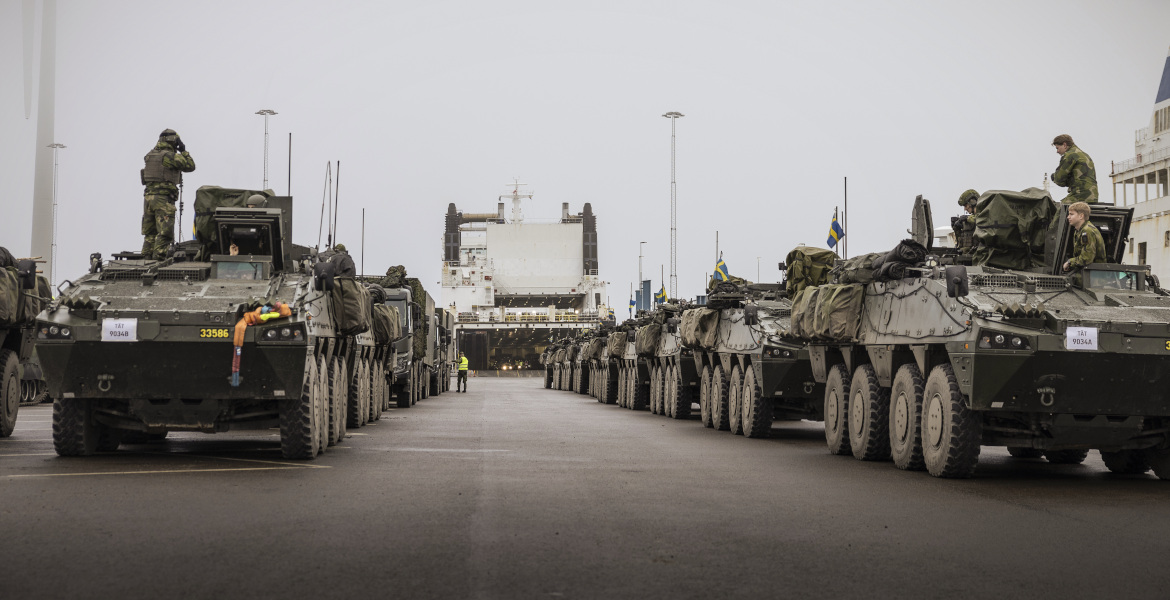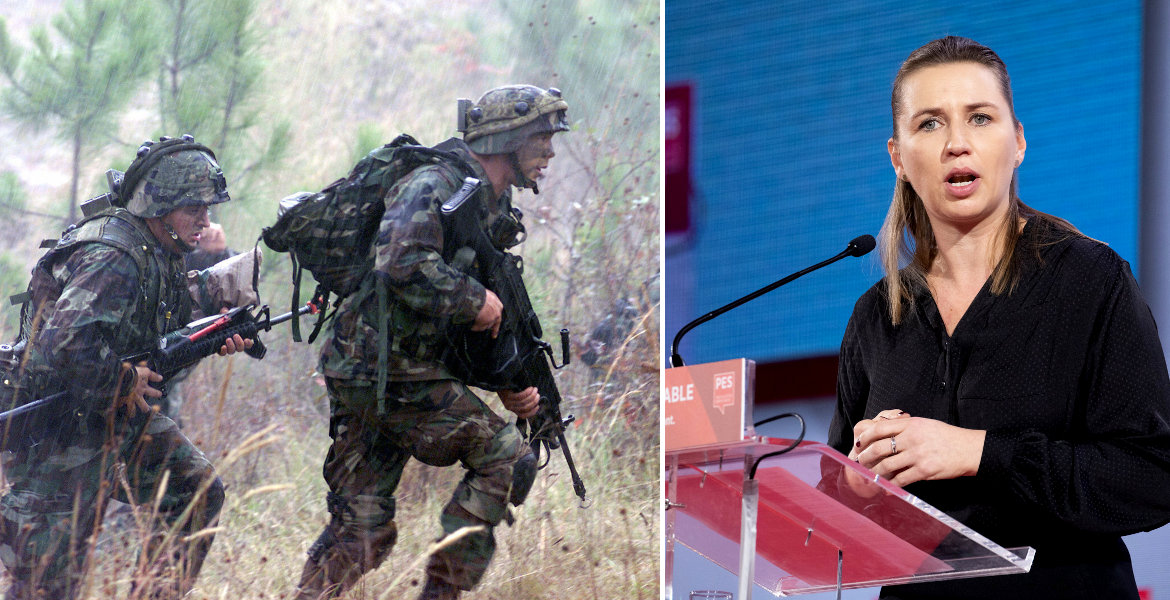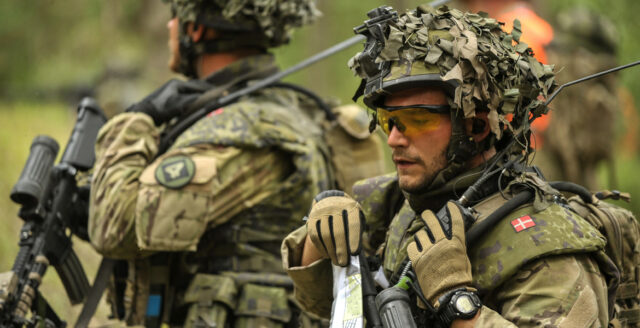President Vladimir Putin has approved a revised version of Russia’s nuclear doctrine.
Under the new doctrine, Moscow will reserve the right to respond with nuclear weapons to conventional attacks deemed to threaten its sovereignty, and any attack by a non-nuclear country supported by a nuclear power will henceforth be considered a joint attack by them.
Russia will also consider “nuclear retaliation” if a large-scale launch of hostile aircraft, missiles or drones occurs, targeting either Russian territory or its ally Belarus.
The doctrine was announced back in September but was approved by Mr Putin on Tuesday morning. According to the new version, Russia can use nuclear deterrence not only against powers and military blocs that themselves possess weapons of mass destruction or large quantities of conventional weapons – but also against “countries that provide their sovereign space for other parties to prepare and launch an attack against Russia”, Russian state broadcaster RT reports.
“An attack by a single member of a bloc, including one that does not have nuclear weapons, will be considered an attack by the entire collective. The same would apply where a nation that does not formally belong to a military organization is backed by a nuclear power”, it stresses.
The doctrine further states that the aim is to ensure that “a potential aggressor realizes that retaliation will be inevitable” and that its military allies will enjoy the same protection.
Response to US escalation
The document lists ten threats that require countermeasures through nuclear deterrence, ranging from nuclear arsenals in the possession of hostile parties to the potential uncontrolled proliferation of weapons of mass destruction and their delivery systems. Other threats include military build-up near Russia’s borders, the development of anti-ballistic missile systems, the deployment of conventional weapons systems capable of striking Russian territory, and potential sabotage plans to cause large-scale environmental disasters.
The list of triggers for nuclear retaliation now also includes confirmed intelligence of a massive incoming attack by hostile aircraft, missiles and drones as soon as such weapons pass into Russian airspace.
Currently, Vladimir Putin ultimately decides how and when to use the country’s nuclear arsenal. The new doctrine was approved just days after outgoing US President Joe Biden authorised Ukraine to use US long-range weapons to attack targets deep inside Russia.
Moscow has previously warned that such an attack would put Russia and NATO at direct war with each other.


